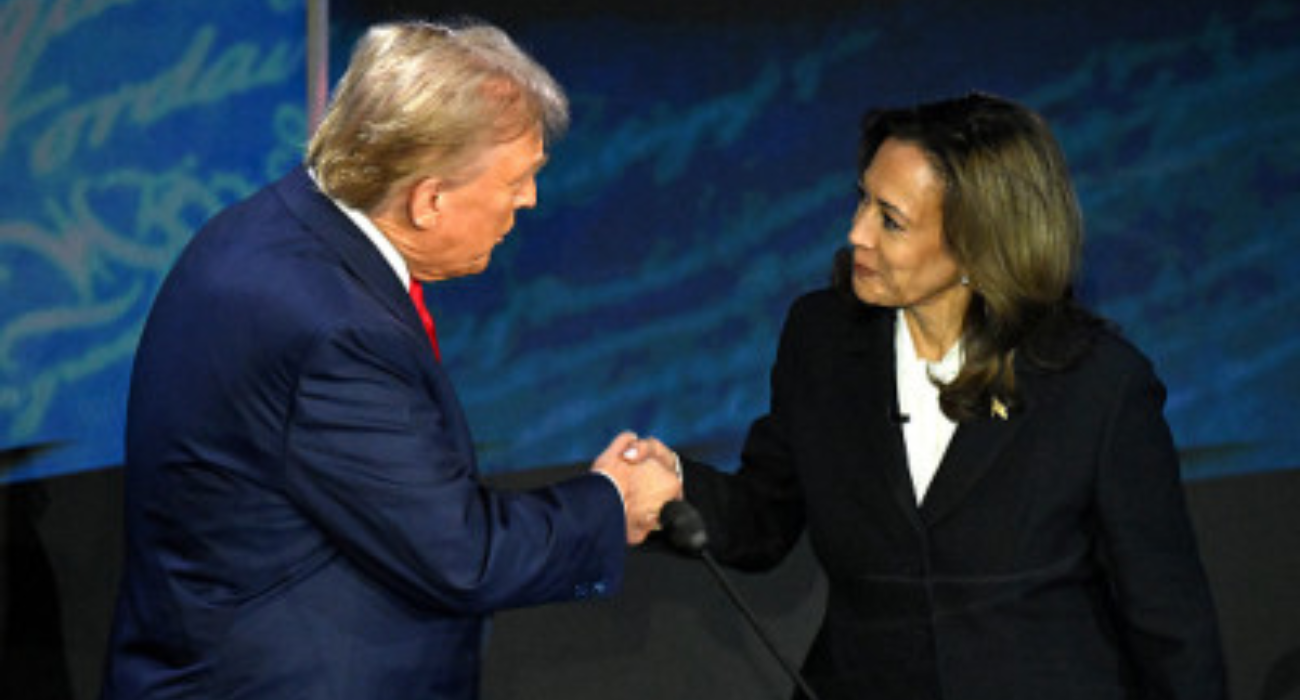
Trump and Harris Are Rejected by Arab American PAC Due to Their Support of Israel
Few topics in the complicated and sometimes divisive world of American politics speak to Arab Americans as strongly as the current crisis in the Middle East. The Arab American Political Action Committee (PAC) recently made waves when it said that it would not be supporting either former President Donald Trump or Vice President Kamala Harris. The PAC attributed its decision to its strong support of Israel. This action highlights the Arab American community's increasing dissatisfaction with US foreign policy and how it affects the Israeli-Palestinian issue.
The Position of The PAC
In a recent news conference, the Arab American PAC—a well-known group that represents the interests of Arab Americans—expressed its displeasure with both leaders. The PAC emphasized how Trump's policies, especially his administration's close ties to Israel, were harmful to the chances of Palestinians receiving justice and peace. Similarly, the PAC accused Harris of disregarding the rights and hopes of the Palestinian people by continuing to support policies that benefit Israel.
This rejection is representative of a larger feeling among Arab Americans, who believe that national conversations over foreign policy have ignored their perspectives. Politicians should take note of the PAC's decision, as Arab American voters are increasingly looking for legislators that put justice and equity in the Middle East first when making decisions.
The More Comprehensive Setting
In American politics, the Israeli-Palestinian conflict has always been divisive. While backing Israel has long been a pillar of US foreign policy, a large number of Arab Americans favor a more impartial strategy that takes into account the rights and aspirations of the Palestinian people. The PAC's rejection of Harris and Trump indicates a desire for political leaders to acknowledge and more skillfully handle these issues.
Arab American people have always felt excluded from both main political parties. The PAC's move may be a game-changer since it shows that it is willing to hold elected officials responsible for their deeds and policies. The rejection of well-known individuals on both political extremes shows how the interests of Arab Americans need to be reframed in the national conversation.
Consequences for Next Elections
The position taken by the Arab American PAC may have a big impact on the next elections. Candidates may need to reevaluate their foreign policy stances to win over the Arab American population, which is becoming more and more aware of the issue and active in it. Future American politics will probably be shaped by the objectives of younger generations as demographics change and they become more politically active.
By rejecting Trump and Harris, the PAC may be sending a message to other candidates that supporting Israel without also supporting Palestinian rights may no longer be a viable stance. This might inspire politicians to take a more balanced stance on foreign policy that puts justice and human rights first, appealing to a larger segment of the voters.
In conclusion, a request for transparency
The rejection of Kamala Harris and Donald Trump by the Arab American PAC underscores a critical juncture in American politics. It highlights how crucial it is to discuss the nuances of the Israeli-Palestinian issue and how political leaders must listen to the worries of Arab American voters. This group may change the political landscape by pressing for a time when justice and equality are prioritized in U.S. foreign policy as it continues to speak out and demand responsibility.
The PAC's courageous approach serves as a reminder that, in an era of growing division, the perspectives of underrepresented groups need to be heard and taken into account when formulating policies that impact them.